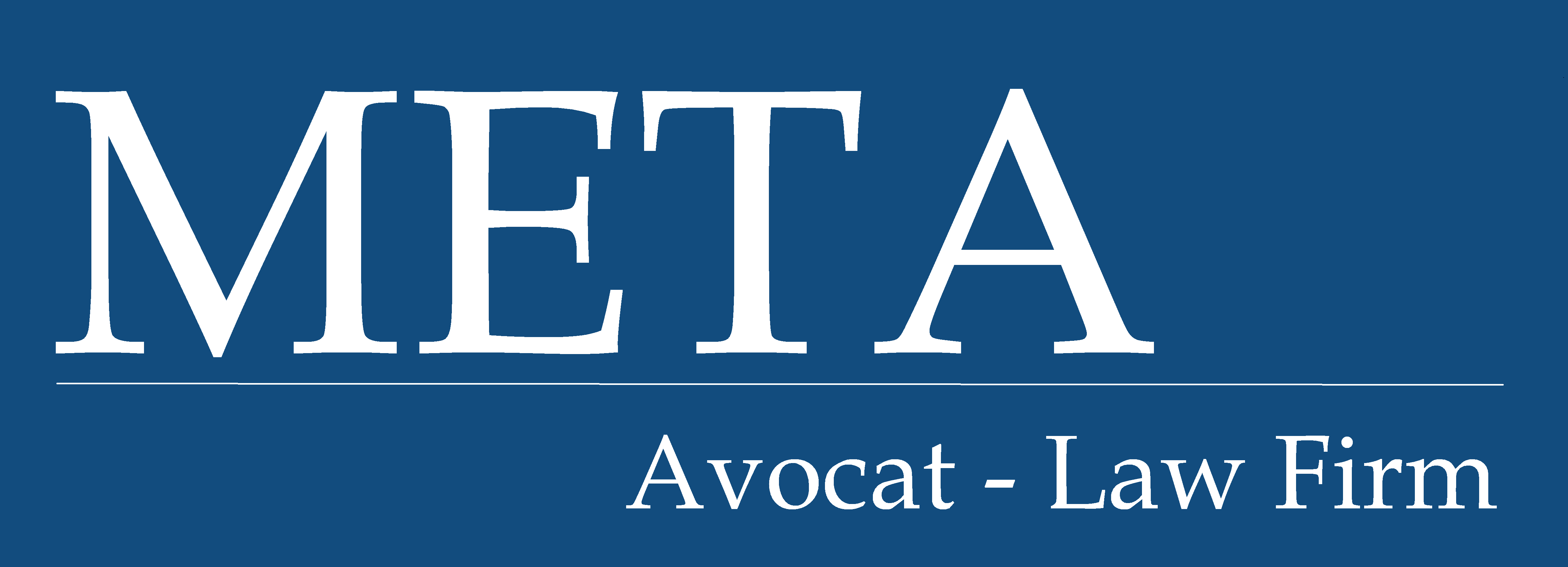
• The stakes
Although the term ‘label’ refers to different legal systems, it is commonly used to refer to a means of informing the public about the origin and properties of a product, service, know-how, procedure, place, information, etc.
It is generally a controlled or protected designation of origin (AOC, AOP), a protected geographical indication or one protecting industrial and commercial products (IGP, IGPIA), a traditional speciality guaranteed (STG) or a trademark used collectively.
It should be noted that the same approach can motivate several types of labels, while having very different operating methods. The same product, service or know-how can benefit from several labels.
The label is often embodied by a distinctive sign, symbol or logo. It is generally initiated by a collective representing all operators or a legal entity governed by public law.
A labelling process allows in particular to:
– Preserving the employment and dynamism of our sectors
– Gather on common projects, around collective approaches to progress, by sharing certain costs
– To seek and guarantee to the consumer the quality, diversity and typicity of products and services
– Safeguard and promote local know-how, maintain production diversity and natural resources
– Encourage or strengthen the consumer’s ability to choose authentic and quality products and services
– Develop your competitiveness, innovations and exports
• Our offer
META supports project leaders, both public and private, throughout their certification process.
Our services can be chosen individually or in a package including several additional services, according to your preferences.
They are organized in five parts:
1. Feasibility study, rights analysis, definition of strategy and roadmap
– Who is in charge of the project? Who owns? Who exploits? Who are the partners?
– Which product, service or process to protect and develop? Why this one?
– What are the requirements? What quality and quantity?
– What are the objectives? Which markets? Which networks? Which customers?
– What are the conditions of production or use? What controls?
– What legal and technical tools? What are the costs?
2. Research and preparatory work
– Assistance in setting up the defence and management body and the control or inspection body
– Drafting of specifications and all contracts, regulations, control or inspection plans
– We assist you in determining the elements that will be recognized and imposed by the label, in particular (non-exhaustive list):
– The name of the product, service, know-how, process, etc
– The description, the composition
– The delimitation of the geographical area
– Interactions between natural (climate, soil, etc.) and human factors
– Evidence of origin, traceability of the elements
– The description of the method of production
– Quality standards for the manufacturing process
– The elements justifying the link with the geographical area
– References concerning the control structure
– The specific elements of labelling
– National requirements
– Cultural, environmental, societal and other considerations
– The use of tools and graphic elements linked to the label (website, graphic charter, etc.)
– The conditions of affiliation of users to the label holder or manager
– The amount of the fee to be paid to the label holder or manager
– Sanctions in the event of non-compliance with the conditions
These elements must be adopted by the legal entity carrying out the project and accepted by those who will use the label.
3. Filing, registration, maintenance of the label
– Appointment of representatives to national, European and international authorities
– Completion of the application for approval or registration and monitoring of procedures
– Legal analysis and responses to any notifications, observations and objections
4. Management and enhancement of the label
– Support in strategy and support “marketing, communication”.
– Assistance in the elaboration of the international development strategy (particularly in Asia, the United States of America and the Pacific) and in its implementation
– Participation in the empowerment of operators
– Assistance with conformity checks and technical, organoleptic and other examinations
– Assistance in awarding and withdrawing the benefit of the label
5. Monitoring, competitive intelligence and defence of the label
– Support in the defence of the label, in French Polynesia, France, Europe and internationally
– Assistance in matters of counterfeiting, unfair competition, infringement of consumer law, product quality, marketing standards, fraud, etc
